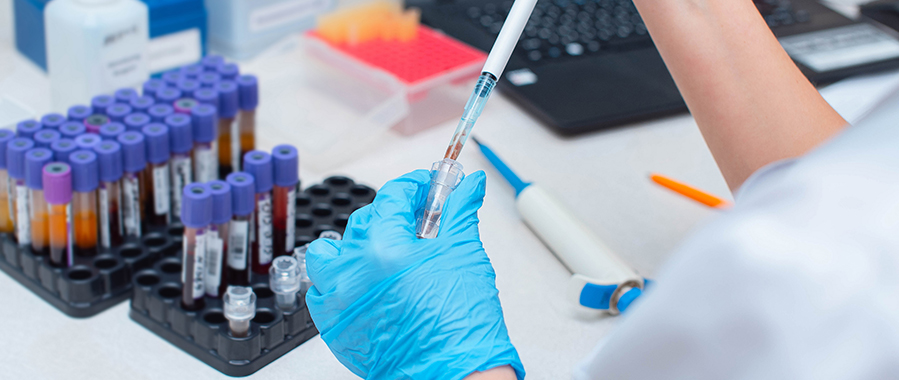The Role of TKTL1 in Cancer Research
The TKTL1 gene has garnered attention in cancer research due to its significant role in cancer metabolism and potential to serve as a diagnostic marker. As scientists delve deeper into the molecular mechanisms of breast cancer, TKTL1’s expression levels provide insight into tumorigenesis and disease progression. Monitoring these levels may aid in distinguishing malignant cells from healthy tissue, ultimately enhancing early detection strategies.
Understanding the function of TKTL1 not only opens new pathways for biomarkers but also lays the groundwork for therapeutic interventions. By targeting TKTL1 pathways, researchers may develop more effective treatments that could prevent breast cancer from advancing in at-risk populations. This innovative approach highlights the need for continuous exploration of genetic markers in the fight against cancer.
Implications of TKTL1 in Breast Cancer Prognosis
Recent studies suggest that the expression of TKTL1 may have significant implications for the prognosis of breast cancer patients. A higher level of TKTL1 expression is often associated with aggressive tumor characteristics and poorer overall survival rates. Understanding how this gene influences tumor behavior could help oncologists tailor treatment strategies according to individual patient profiles.
Moreover, TKTL1's role in metabolic reprogramming in cancer cells suggests that it could be a crucial player in developing therapies aimed at interrupting the energy supply to tumors. Researchers are keen on investigating the viability of TKTL1 as a target for specialized therapies, potentially improving outcomes for patients with high TKTL1 expression. This ongoing research underscores the importance of personalized medicine in breast cancer treatment.

